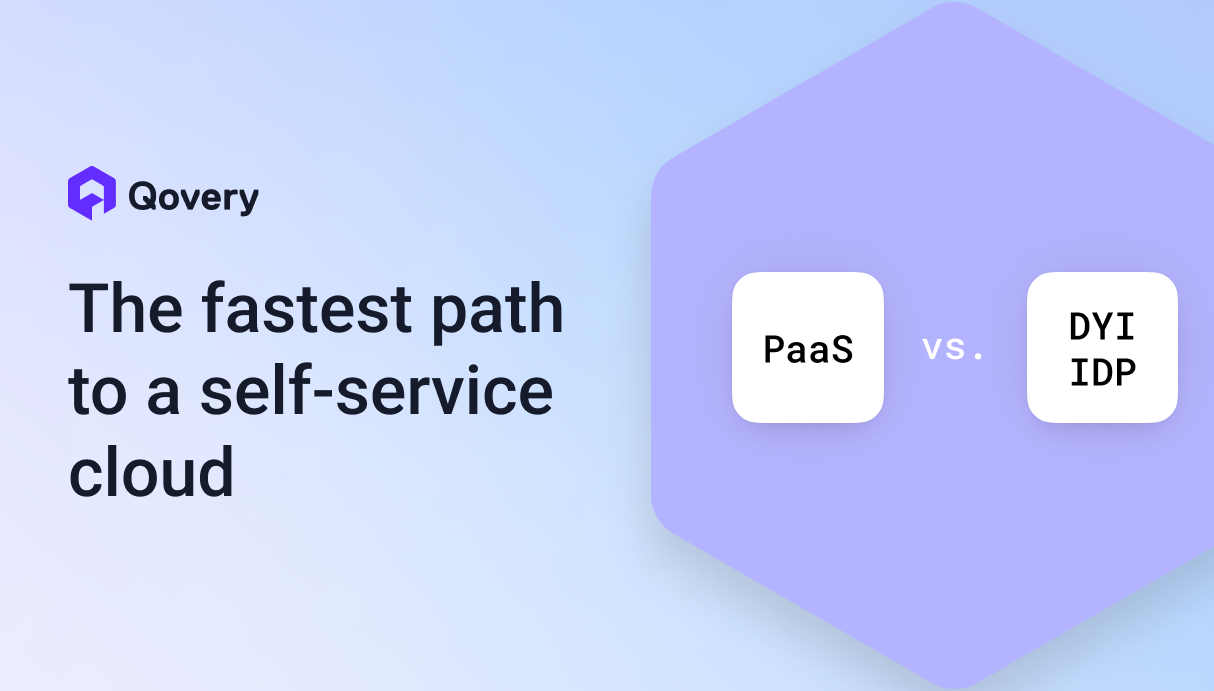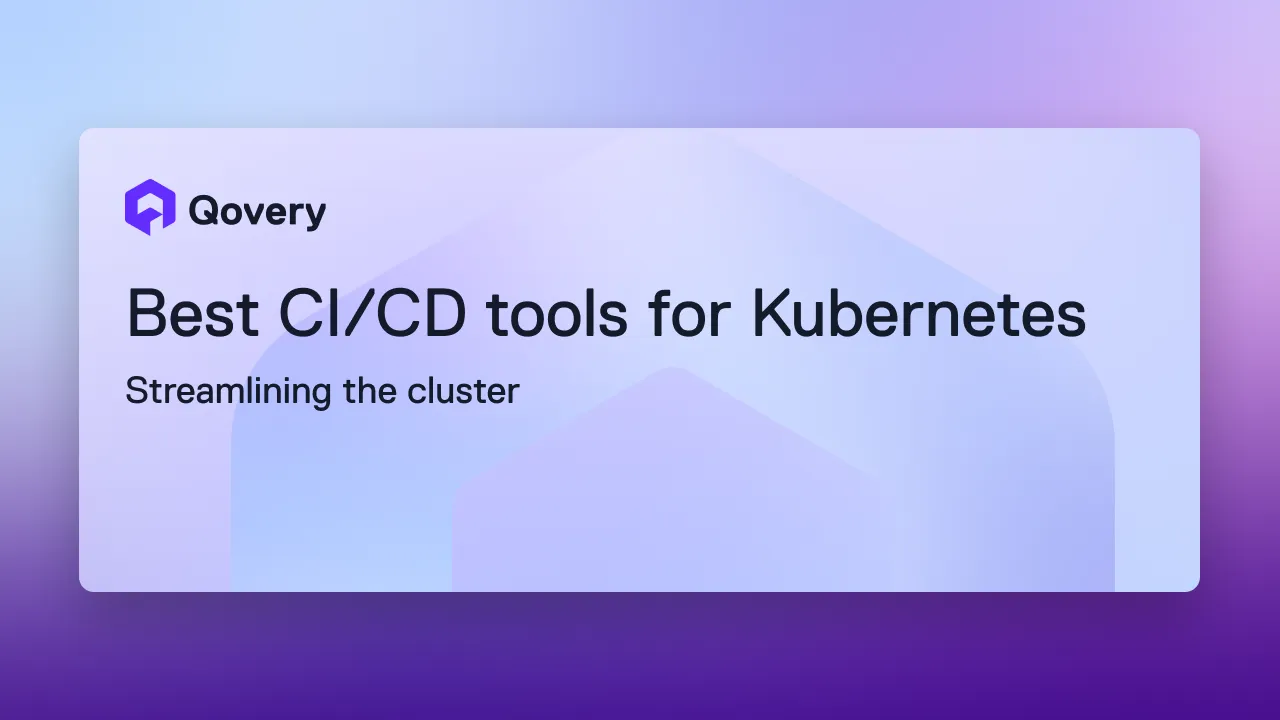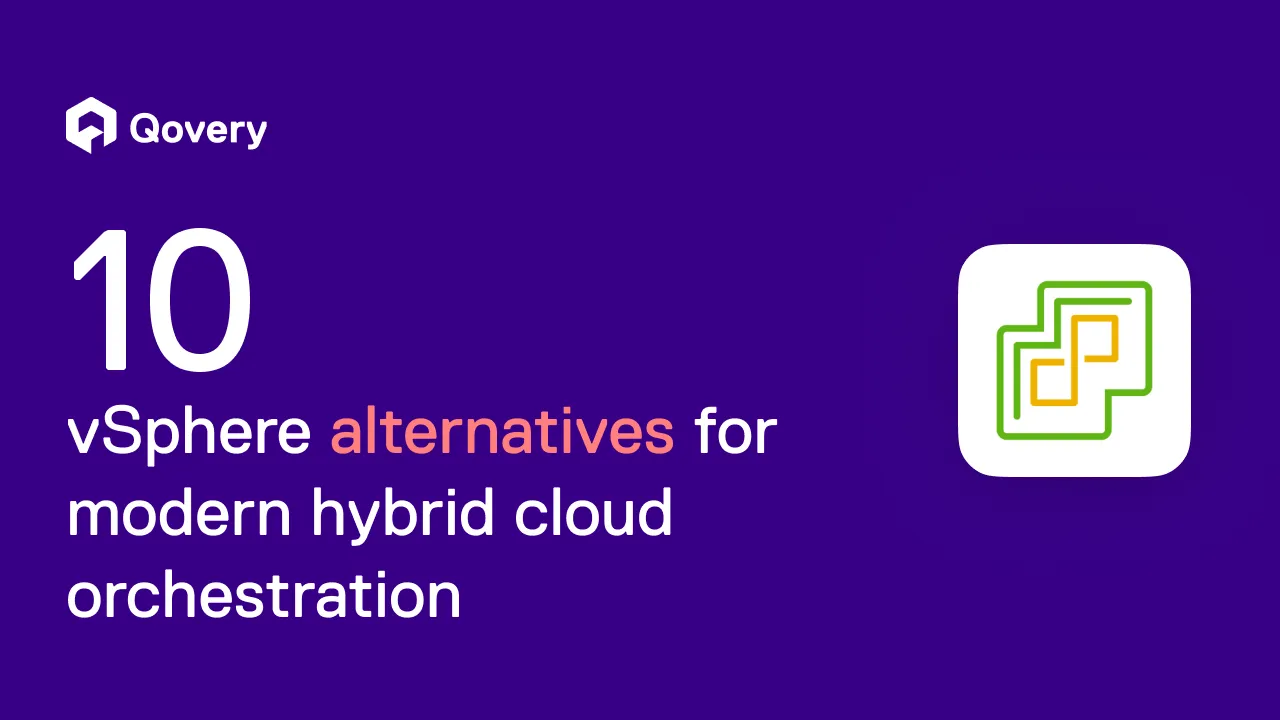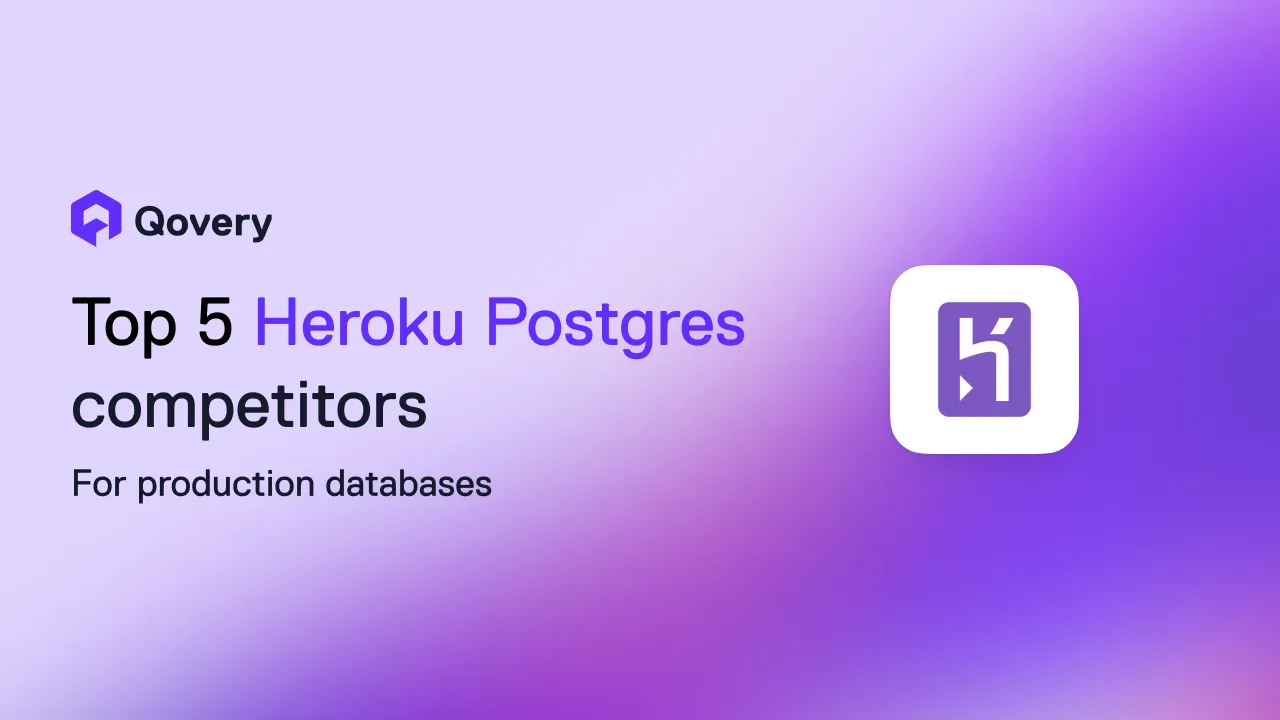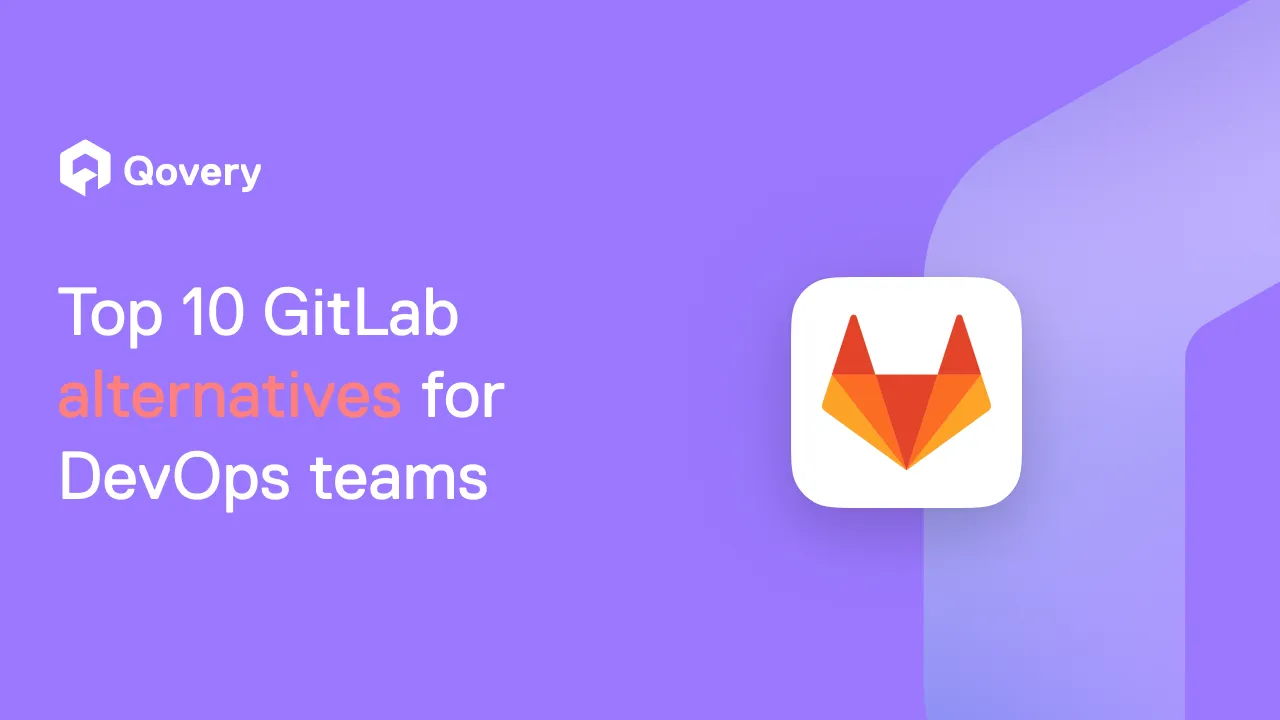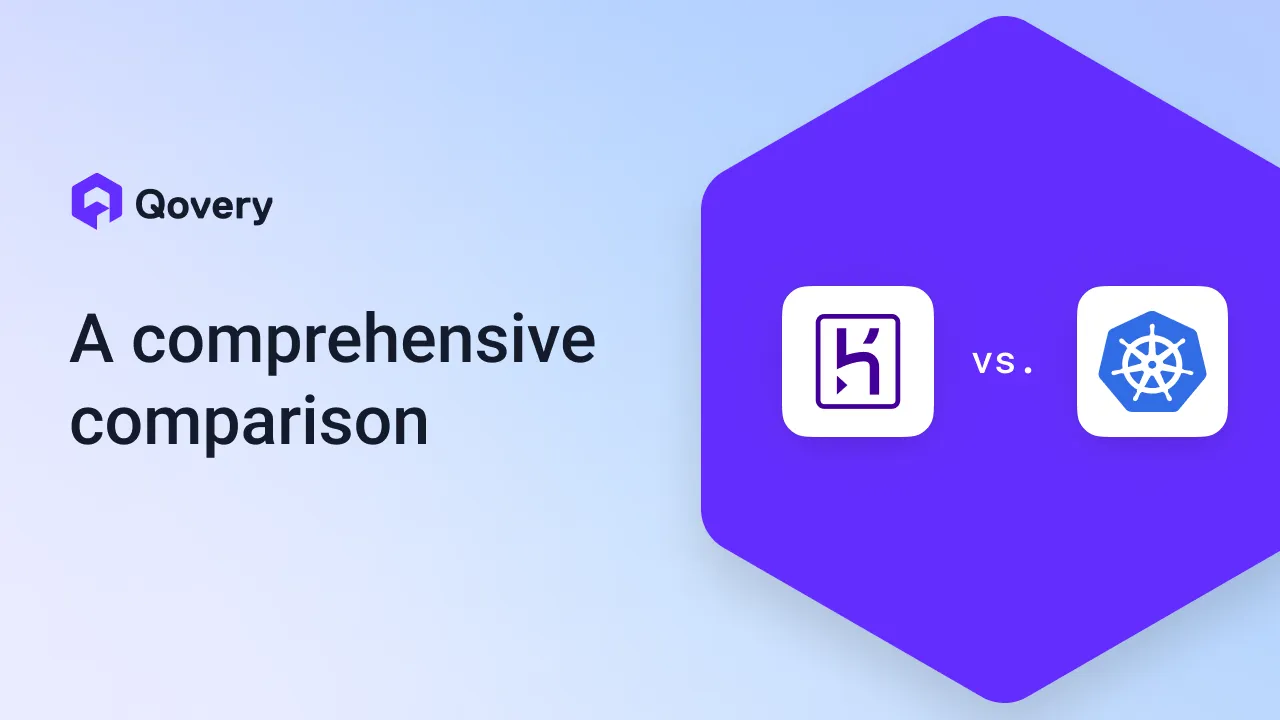

Do You Still Need a DevOps Team?



TL;DR
The necessity of a dedicated DevOps team is diminishing due to the maturity of the market and advanced automation tools. DevOps engineers handle essential tasks like infrastructure provisioning, CI/CD, and monitoring, but DevOps automation tools like Qovery can automate these tasks efficiently and cost-effectively.
The Evolution of DevOps
DevOps practices have matured over the years. Initially, organizations relied on manual configurations and bespoke scripts. Today, automation tools and platforms have become mainstream, simplifying many complex tasks. Infrastructure as Code (IaC), Continuous Integration/Continuous Deployment (CI/CD) pipelines, and container orchestration have streamlined processes that once required extensive manual intervention.
The Job of a DevOps Engineer
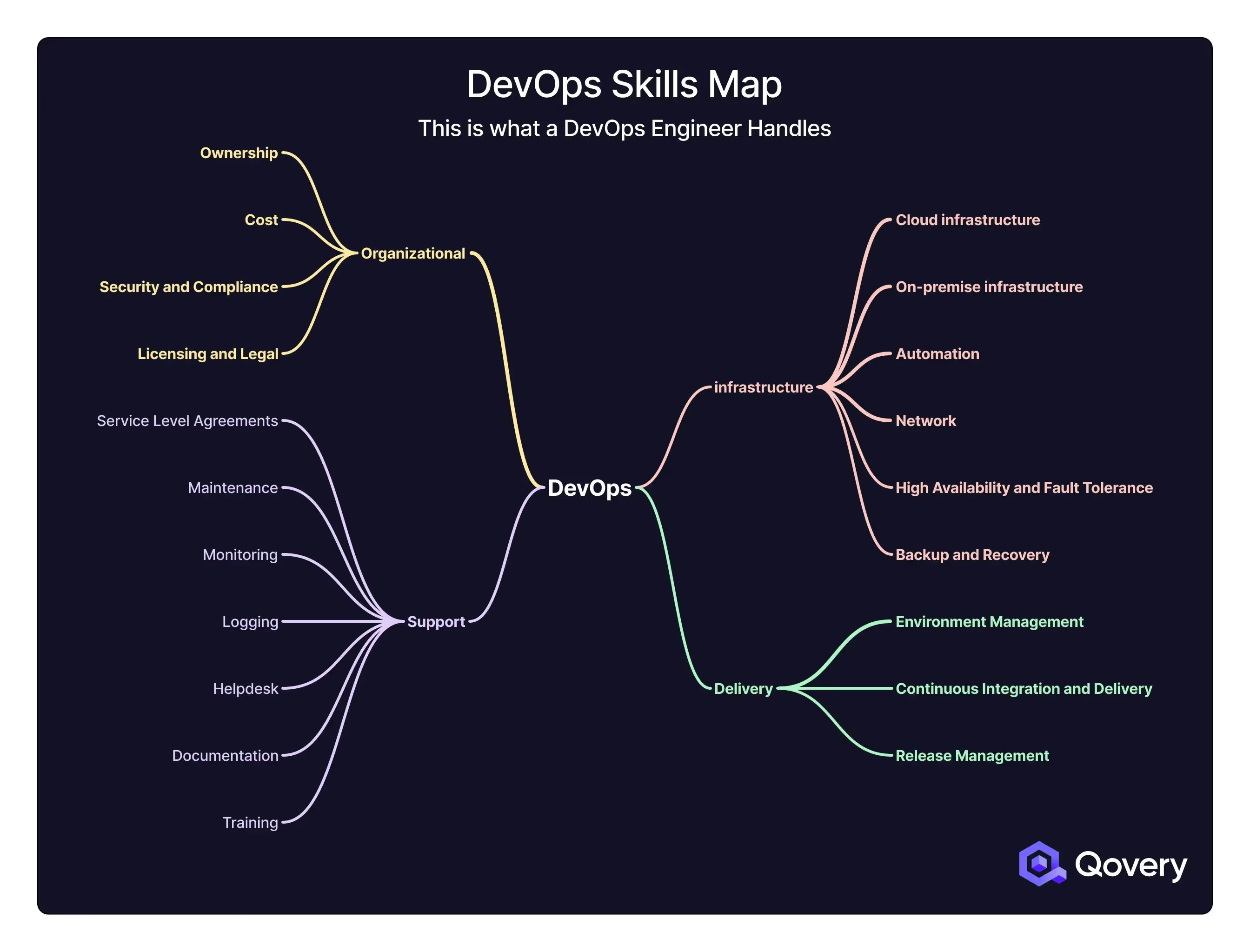
Before addressing our main topic question, it's crucial to highlight the core responsibilities of a DevOps engineer:
- Infrastructure Provisioning and Management: Setting up and maintaining servers, databases, and networking resources.
- Continuous Integration and Continuous Deployment (CI/CD): Designing and managing CI/CD pipelines to automate the build, test, and deployment processes.
- Monitoring and Logging: Implementing monitoring tools to track system performance and health.
- Security and Compliance: Applying security best practices and ensuring compliance with relevant regulations.
- Automation and Scripting: Writing scripts to automate routine tasks and processes.
- Configuration Management: Managing software configurations across various environments.
- Incident Management: Responding to and resolving incidents and outages.
- Cost Management: Monitoring and optimizing resource usage to control costs.
Of course, this list of tasks depends on the company size, but DevOps engineers also often take on Site Reliability Engineering (SRE) tasks in small organizations.
While DevOps focuses on unifying development and operations, SRE emphasizes reliability and performance, using software engineering approaches to solve operational problems. This dual role underscores the complementary nature of DevOps and SRE, both aiming to enhance system reliability and efficiency.
The Role of DevOps Automation Platforms
DevOps Automation Tools like Qovery have revolutionized the DevOps landscape by automating many tasks traditionally handled by DevOps engineers for hundreds of organizations.
These platforms offer several advantages:
- Fast Integration: Qovery integrates quickly into existing workflows, reducing setup time and accelerating deployment cycles.
- Automation of DevOps Tasks: Qovery automates CI/CD, infrastructure provisioning, management, and upgrades (Day 2 operations), minimizing the need for manual intervention.
- Cost-Effectiveness: Using Qovery costs, on average, five times less than hiring a DevOps engineer in the US, allowing organizations to allocate resources more efficiently.
DevOps Engineer vs. DevOps Automation Platform
Although a DevOps engineer is versatile and capable of handling a wide range of tasks, companies increasingly seek efficiency. The role of DevOps has matured significantly over the past decade, making it easier to scope and automate most of their responsibilities. Platforms like Qovery can streamline many processes, providing a cost-effective and scalable solution.
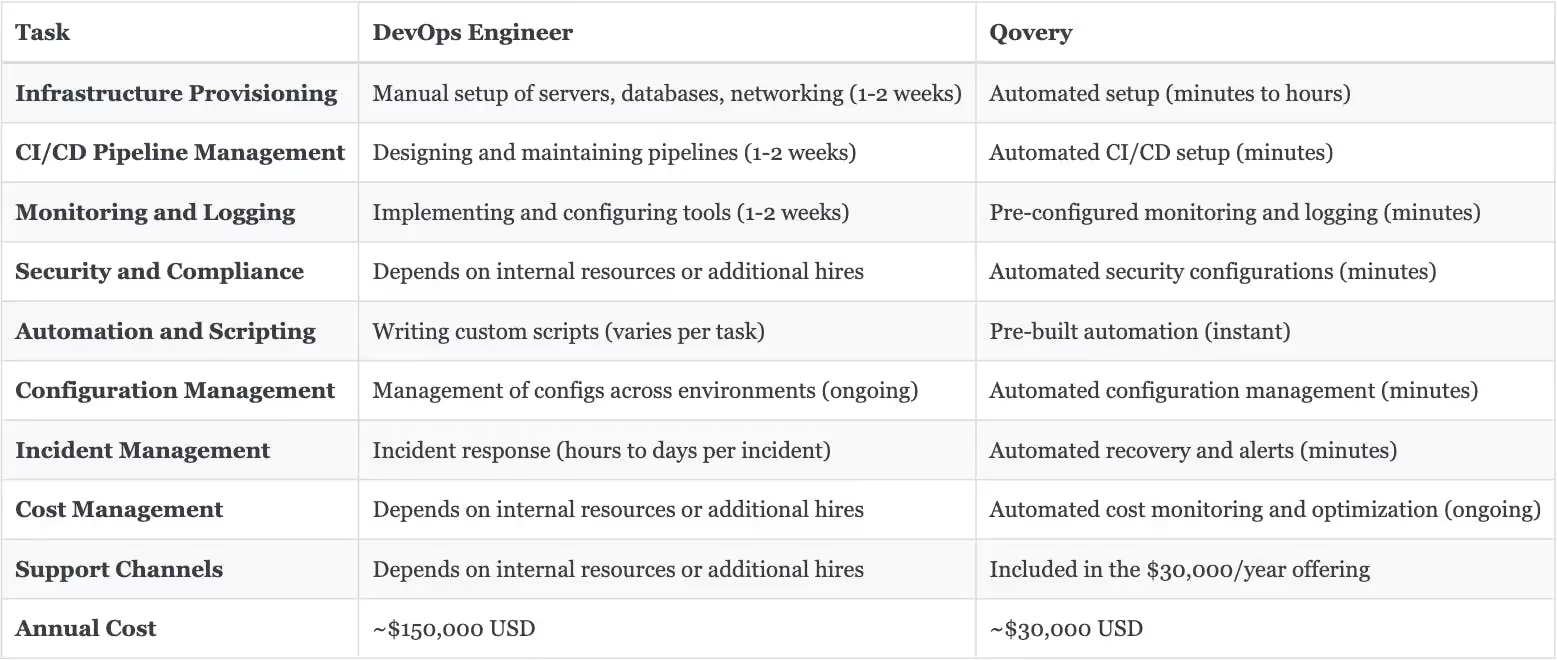
Advantages of Qovery (DevOps Automation Platform)
- Scalability: Automated infrastructure provisioning and management capabilities enable seamless scaling.
- Efficiency: Automating repetitive and time-consuming tasks frees up engineering resources for core product development.
- Reliability: Consistent and reliable deployments reduce the risk of downtime and operational issues.
- Cost-Effectiveness: Significant cost savings compared to hiring full-time DevOps engineers.
Potential Downsides of Qovery and Mitigations
While a DevOps Automation Platform like Qovery offers numerous benefits, there are some downsides to consider:
Default Choices
Qovery uses Kubernetes as the preferred platform for container orchestration. This can be limiting if an organization prefers a different orchestration system.
Mitigation: Qovery provides advanced settings that allow users to customize and tweak default parameters to better fit their needs, offering flexibility within the preferred Kubernetes framework.
Learning Curve
While Qovery automates many tasks, there can still be a learning curve for teams unfamiliar with the platform or Kubernetes.
Mitigation: Qovery offers comprehensive documentation and support to help teams get up to speed quickly. Additionally, the intuitive interface simplifies many complex tasks, reducing the overall learning curve.
Customization Limitations
Some default configurations may not suit every organization's specific needs out-of-the-box.
Mitigation: Qovery's advanced settings feature allows for significant customization, enabling organizations to adjust configurations and parameters to meet their unique requirements.
Support and Assistance
Qovery provides extensive support to ensure users get the most out of the platform. This support is covered by DevOps and SRE experts, eliminating the need for organizations to hire dedicated DevOps engineers. Assistance is available through three primary channels, all included in the starting $30,000/year offering:
- Direct Slack Connect: Customers receive business support via a direct Slack connect channel with Qovery's support engineering team, ensuring immediate and personalized assistance.
- Public Forum: The vibrant community on the public forum allows users to open threads and receive responses from both the community and Qovery's support engineers, who spend hours daily addressing public queries.
- Dedicated Support Engineers: For Business and Enterprise plans, dedicated support engineers assess specific needs and provide tailored assistance, ensuring that customers' unique requirements are met.
Conclusion
In 2024, the necessity of a dedicated DevOps team is diminishing as the market matures and advanced automation tools become standard. Platforms like Qovery enable organizations to automate many DevOps tasks, achieving high efficiency and reliability without a large DevOps team. As the industry evolves, DevOps engineers may shift towards more specialized SRE roles, focusing on maintaining the reliability and performance of increasingly complex systems.
Embracing DevOps Automation Solutions like Qovery not only reduces costs but also enhances operational efficiency, making it a strategic choice for modern organizations. Despite some downsides, the flexibility and advanced settings offered by Qovery ensure that it can adapt to a wide range of organizational needs. Furthermore, the robust support system provided by Qovery ensures that users have access to expert assistance whenever needed, making the transition to automated DevOps smoother and more efficient.

Suggested articles
.webp)



.svg)
.svg)
.svg)
